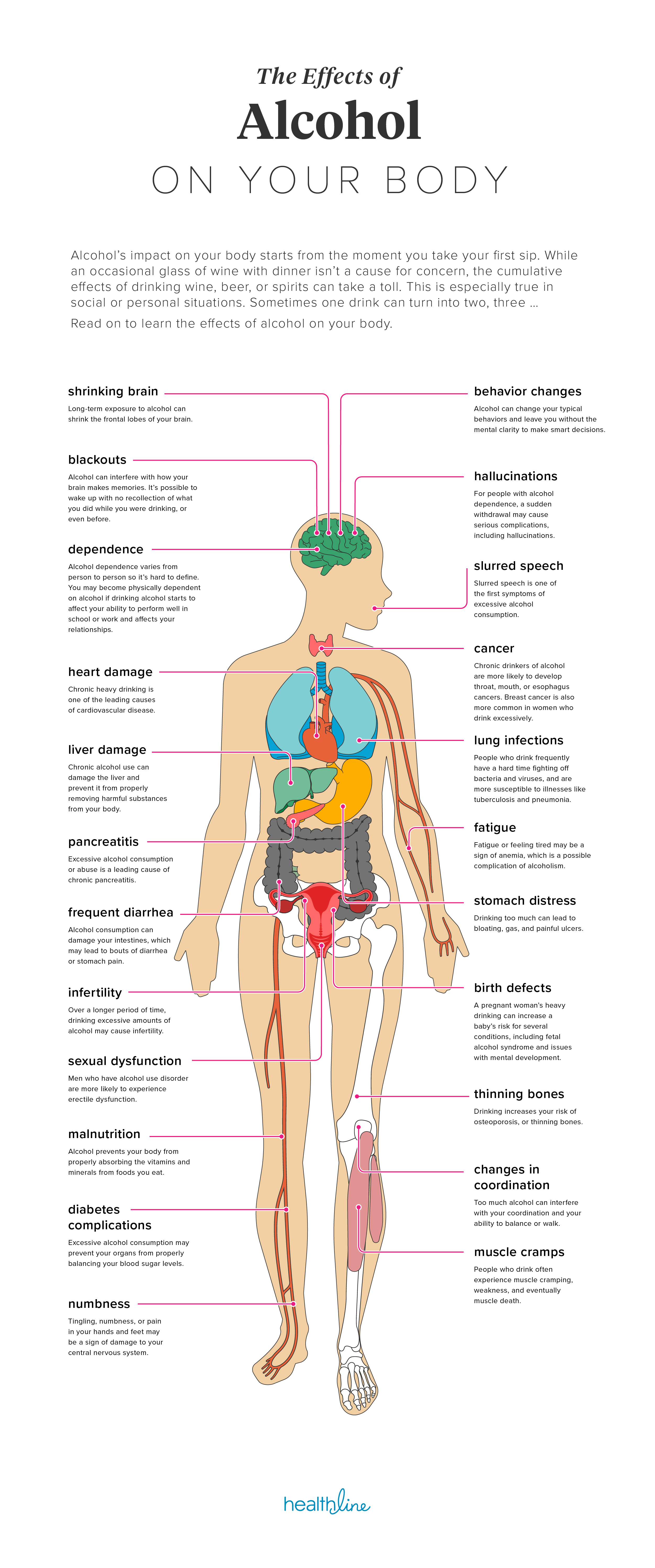
The Effects of Alcohol on Your Body Alcohol Awareness
For snacks, choose foods that are high in carbohydrates, such as pretzels, crackers, or apples, which can help satisfy cravings. 7. Make a plan in case you relapse. The experience of withdrawing.
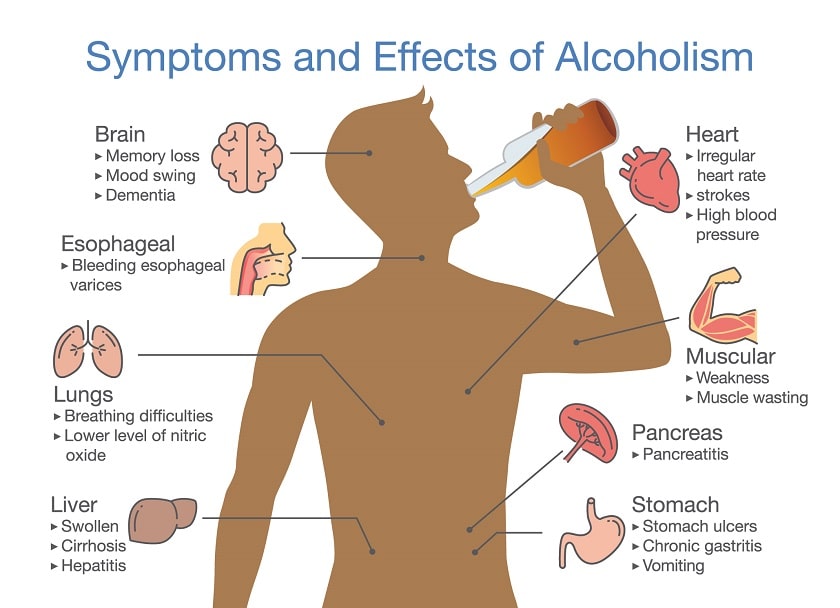
Alcohol and Dementia Alcohol Induced Dementia Living Maples
Alcohol withdrawal causes physical and emotional symptoms like shaking, sweating, headache, nausea, agitation, irritability, and anxiety. The timeline for alcohol withdrawal varies. Symptoms can begin a few hours or a few days after you stop drinking. Heavy drinkers—defined as 15 or more drinks a week for males and eight or more drinks a week.

How an Alcoholic Parent Affects Their Children Tikvah Lake Florida
Some effects of alcohol are immediate and last only a while. Others accumulate over time and significantly affect your physical and mental health and quality of life. Most hangovers start once your blood alcohol level starts to return to zero. Hangovers generally only last up to 24 hours and go away on their own.
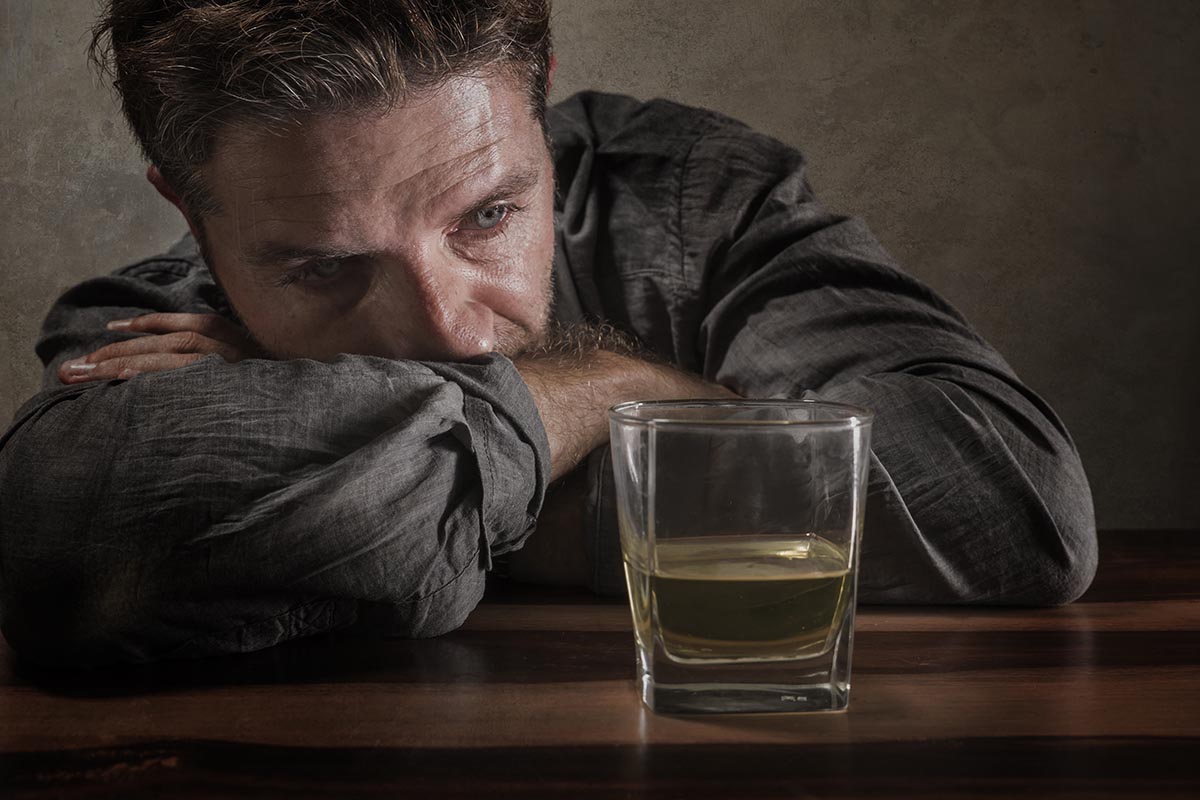
How to Beat Alcohol Addiction Alcohol Addiction Therapy FL
Depending on the test used, and whether an individual chronically uses alcohol, detection times vary. Alcohol can stay in your system between 6-72 hours in most cases, depending on the detection test used. Alcohol detection tests can measure alcohol in the blood for up to 12 hours, on the breath for 12 to 24 hours, urine for 12-24 hours (72 or.
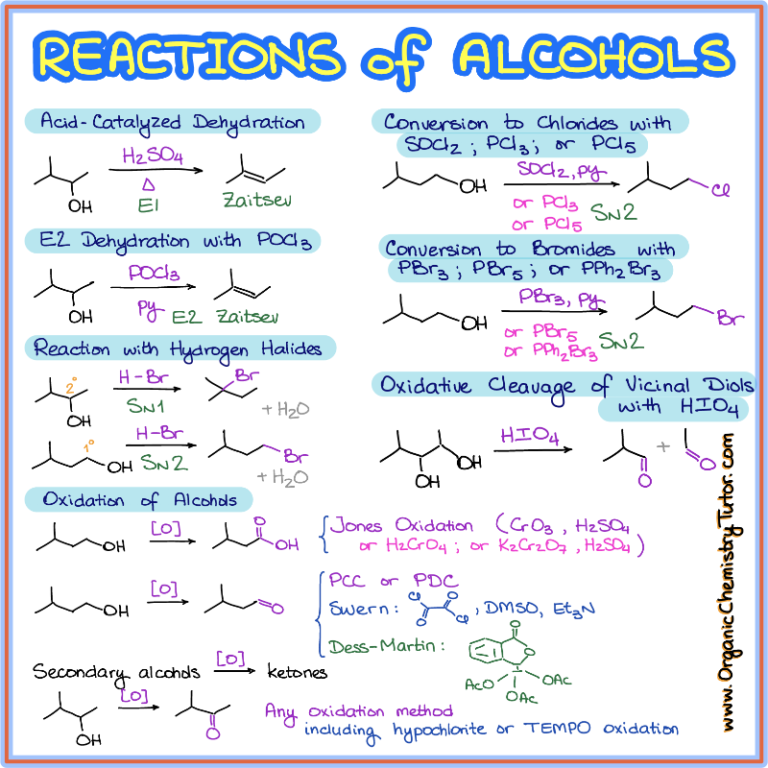
Reactions of Alcohols — Organic Chemistry Tutor
Urine tests can detect alcohol for between 12 hours and 24 hours. This length of time usually depends on how recently and how much you drank. Breathalyzers can detect alcohol in your breath up to 24 hours after drinking. Saliva tests can detect alcohol two hours after consumption, and hair tests can detect alcohol for up to 90 days.
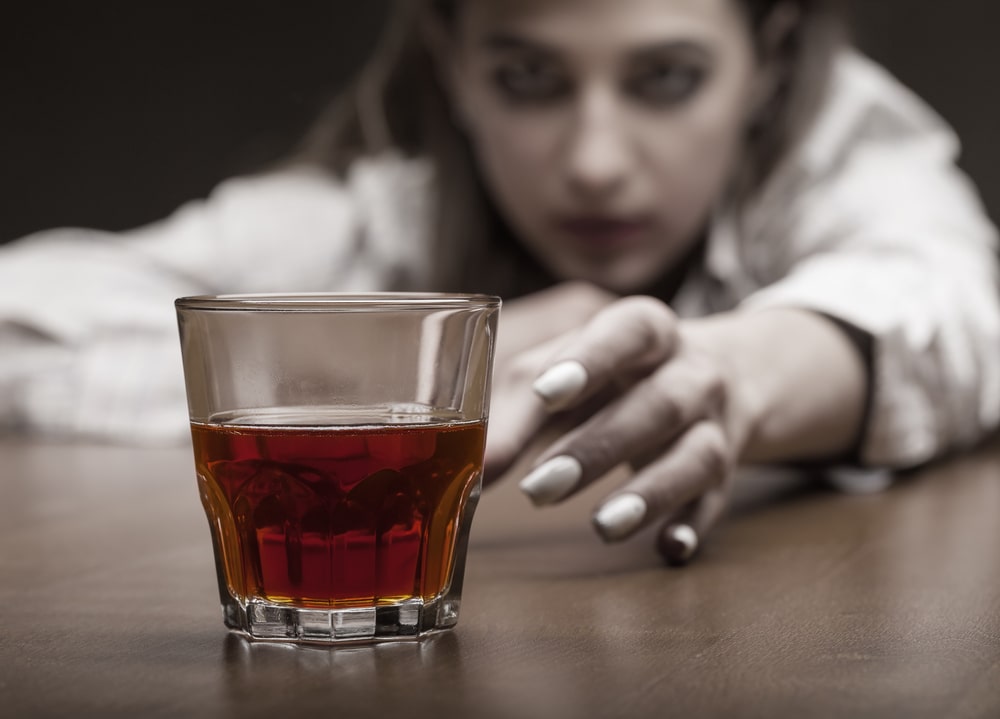
How Long Does It Take To Get Alcohol Out Of Your System?
The concentration of alcohol in the blood, or BAC, helps to determine how long alcohol stays in the system. In general, alcohol is eliminated at 0.015 per hour. For example, someone who has a BAC.

Alcohol in the body How drinking affects the body and brain (INFOGRAPHIC)
Depending on the type of test used as well as your age, body mass, genetics, sex, and overall health, alcohol is detectable from 10 hours to 90 days. When misused, alcohol can do as much (or even more) overall harm as many illegal drugs. People who misuse alcohol also risk developing physical and psychological dependence and alcohol use disorder .

How Long Does Alcohol Stay in Your System? Rehab Guide Clinics
Flush out toxins: Garlic - add it to your food; use fresh garlic. Broccoli cleans the liver well; cauliflower works the same way, too. Consume lots of citruses, such as oranges, grapefruit, limes, and lemons. Get rid of toxins by eating walnuts. Beets also help clean the liver in addition to adding oxygen to your blood.
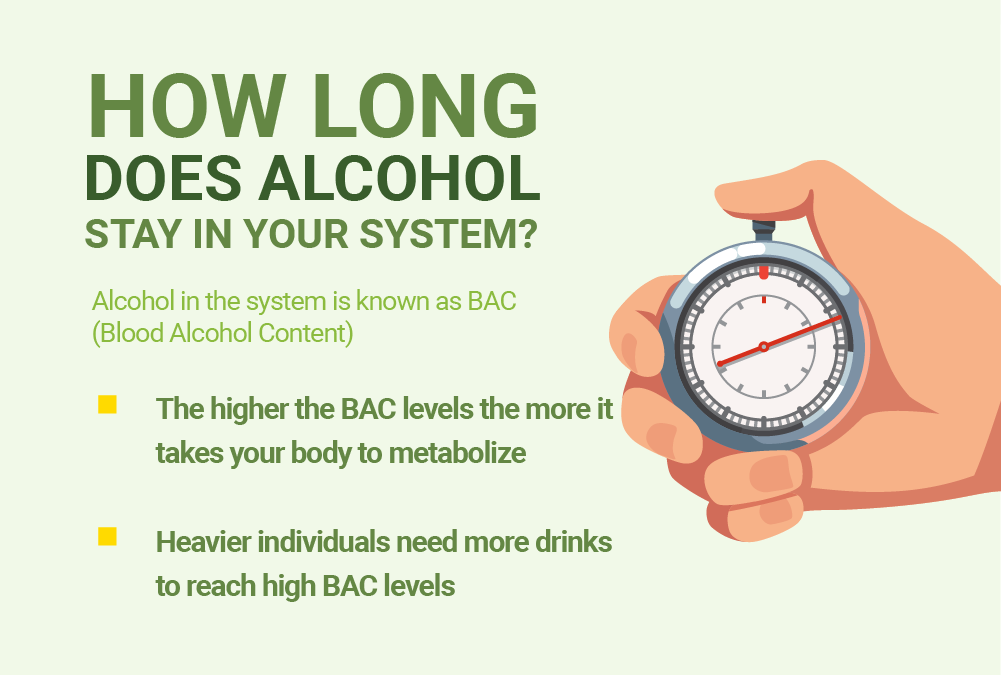
How Long Does Alcohol Stay In A Dogs System
Alcohol withdrawal is dangerous, and it can even be fatal. If you're a lifelong heavy drinker, don't try to go through withdrawal on your own. Instead, get connected to a medical detox facility. The right medical treatment can help you get through alcohol withdrawal safely and connect you to resources to continue your recovery journey.

How long does it take for alcohol to get out of the system?
Takeaway. The length of time alcohol stays in the body will depend on factors such as individual features, how much a person has drunk, and how fast. Some tests can detect alcohol in the body for.
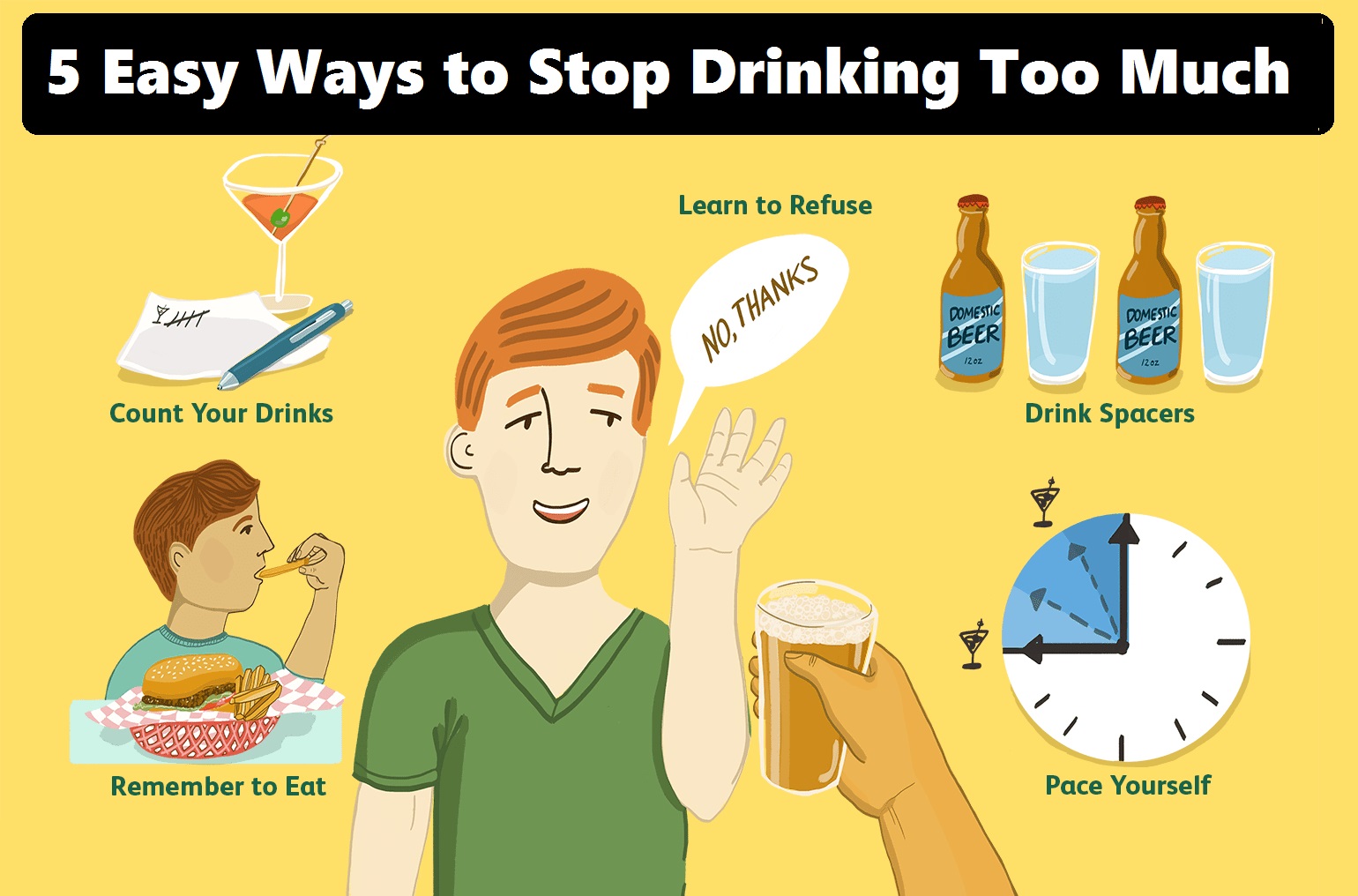
5 Easy Ways to Stop Drinking Too Much How to Stop Drinking Alcohol
It takes about five half-lives to process and eliminate alcohol from your system completely, where the the half-life of alcohol tends to be about four to five hours, explains Dr. Singh. "In turn.
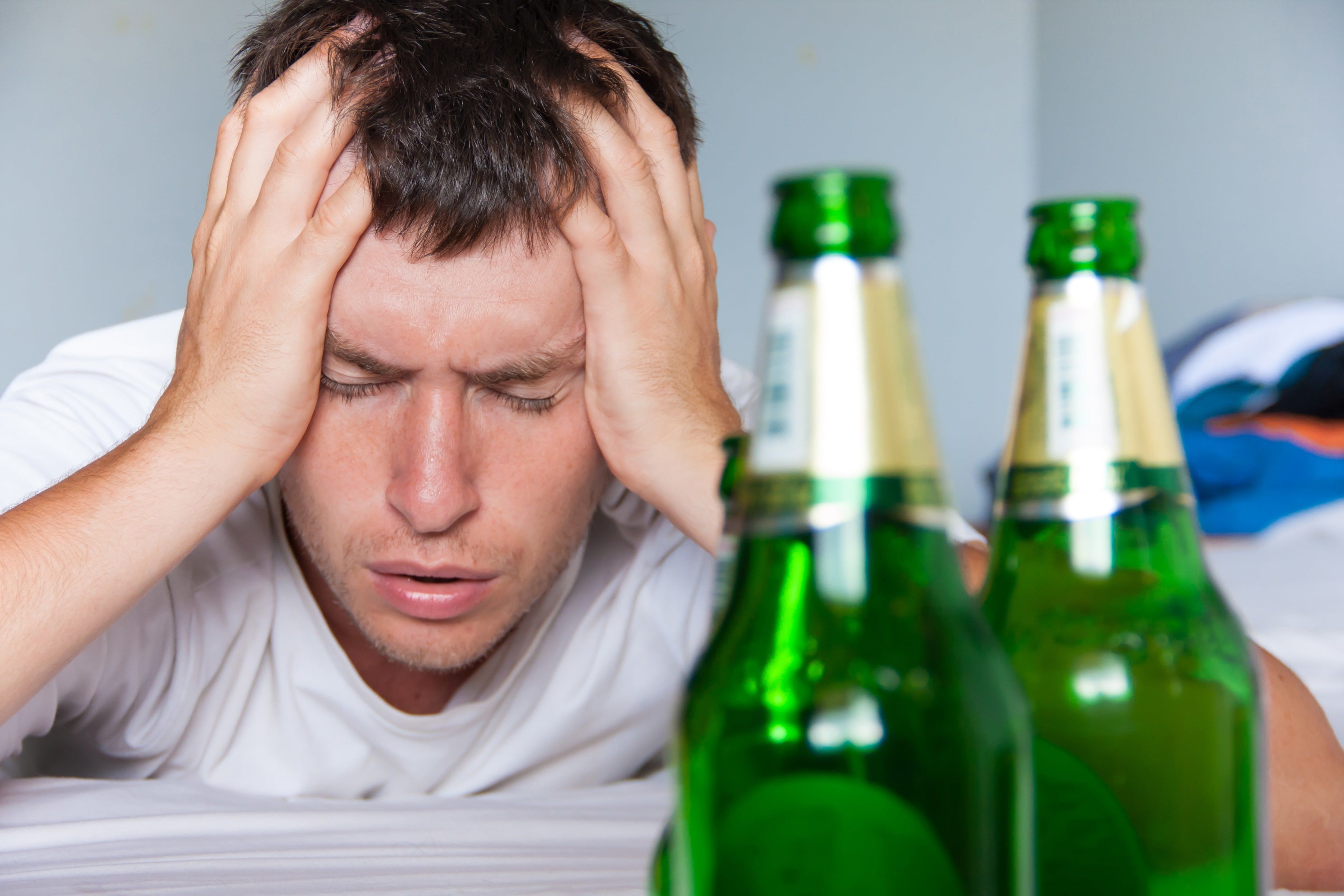
How to stop binge drinking
Drinking water helps rehydrate your body and promotes the elimination of alcohol byproducts through urine. Electrolyte-Rich Drinks: Sports drinks or electrolyte solutions can help replenish lost electrolytes due to alcohol's dehydrating effects. They assist in maintaining proper fluid balance in the body.

UK alcohol guidelines the Chief Medical Officers' low risk drinking
Your liver is responsible for breaking down the majority of alcohol in your body. As a matter of fact, 90% of the metabolism of alcohol into water and carbon dioxide is performed by the liver. The remaining 10% is removed through the lungs (breathing), kidneys (urine), and skin (sweating).

How to Flush Alcohol Out of Your System Faster?
Alcohol withdrawal symptom timeline. The severity and length of alcohol withdrawal varies based on many factors. But a general timeline includes: From six to 12 hours after your last alcohol-containing drink: Mild symptoms appear, like headache, mild anxiety and insomnia.
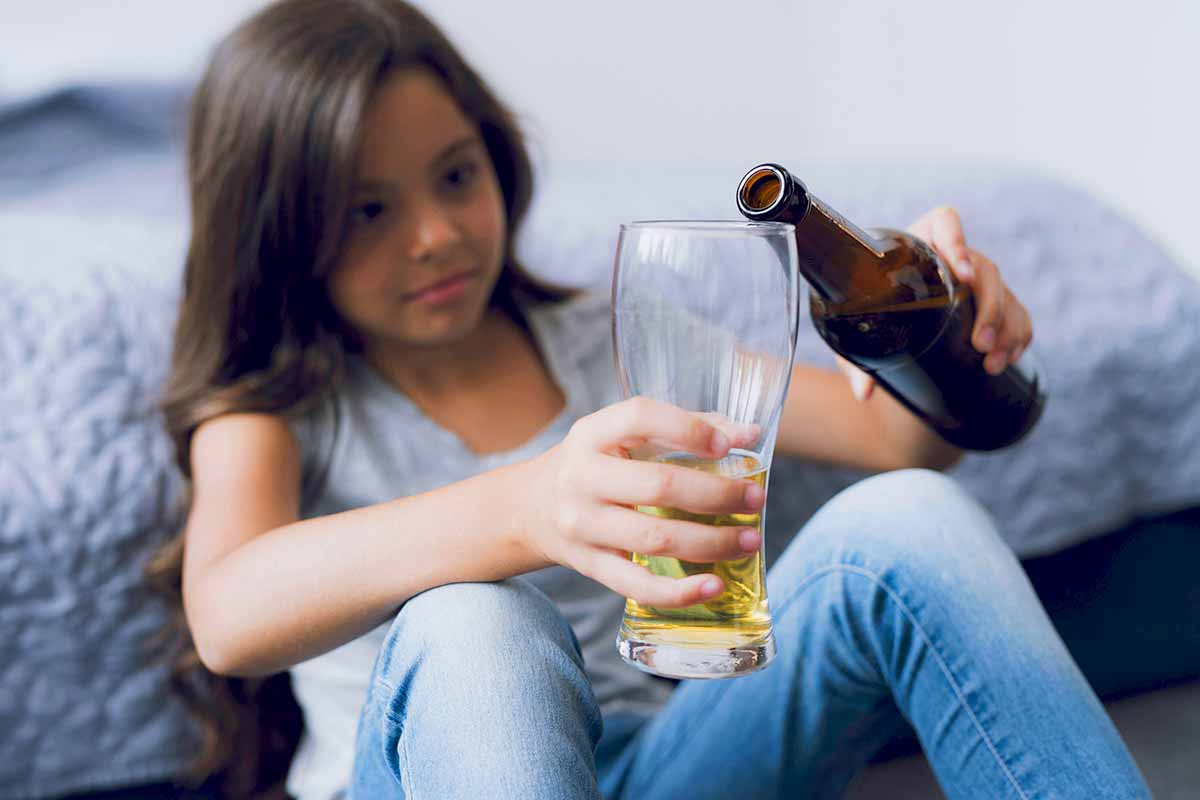
Teen Alcohol Abuse Statistics Alcohol Rehab Center for Teens
Excessive drinking can affect your nervous system, causing numbness and pain in your hands and feet, disordered thinking, dementia, and short-term memory loss. Weakened immune system. Excessive alcohol use can make it harder for your body to resist disease, increasing your risk of various illnesses, especially pneumonia. Increased risk of cancer.
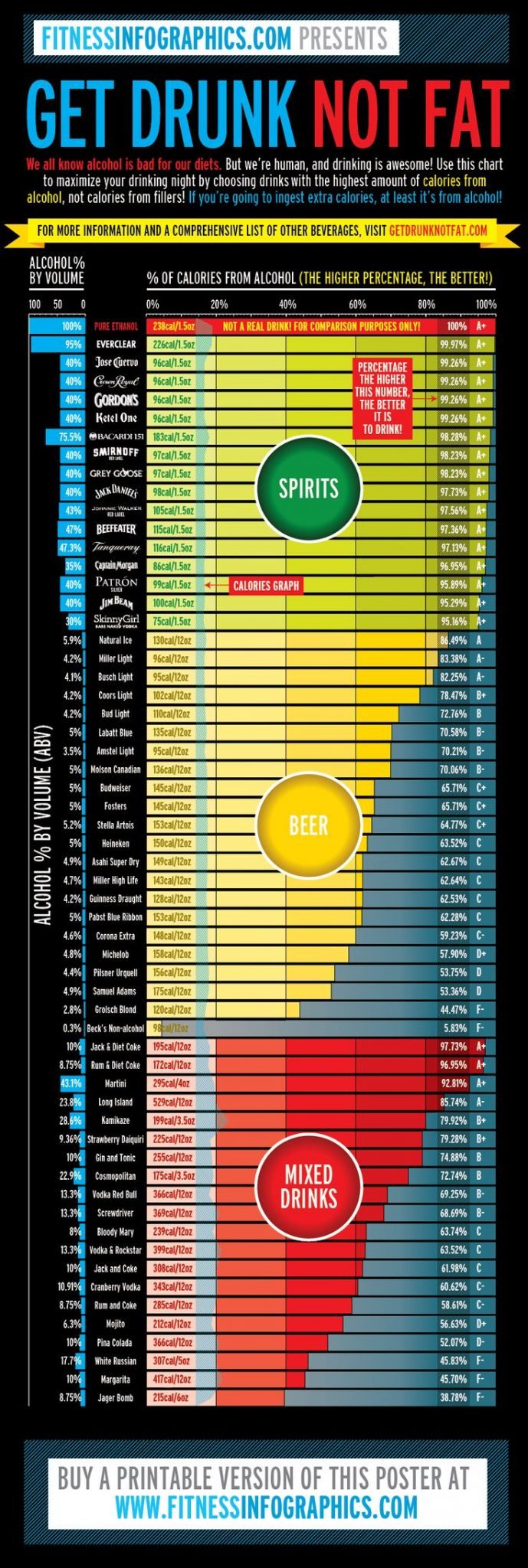
The Ultimate Alcohol Cheat Sheet
Drink plenty of water - Water helps flush alcohol to the liver, meaning you'll likely metabolize it slightly faster. In addition, you'll suffer from fewer of the effects of dehydration, meaning less or no hangover. Get plenty of sleep after - Getting enough sleep ensures your body has time to recover, giving your liver the time it needs.